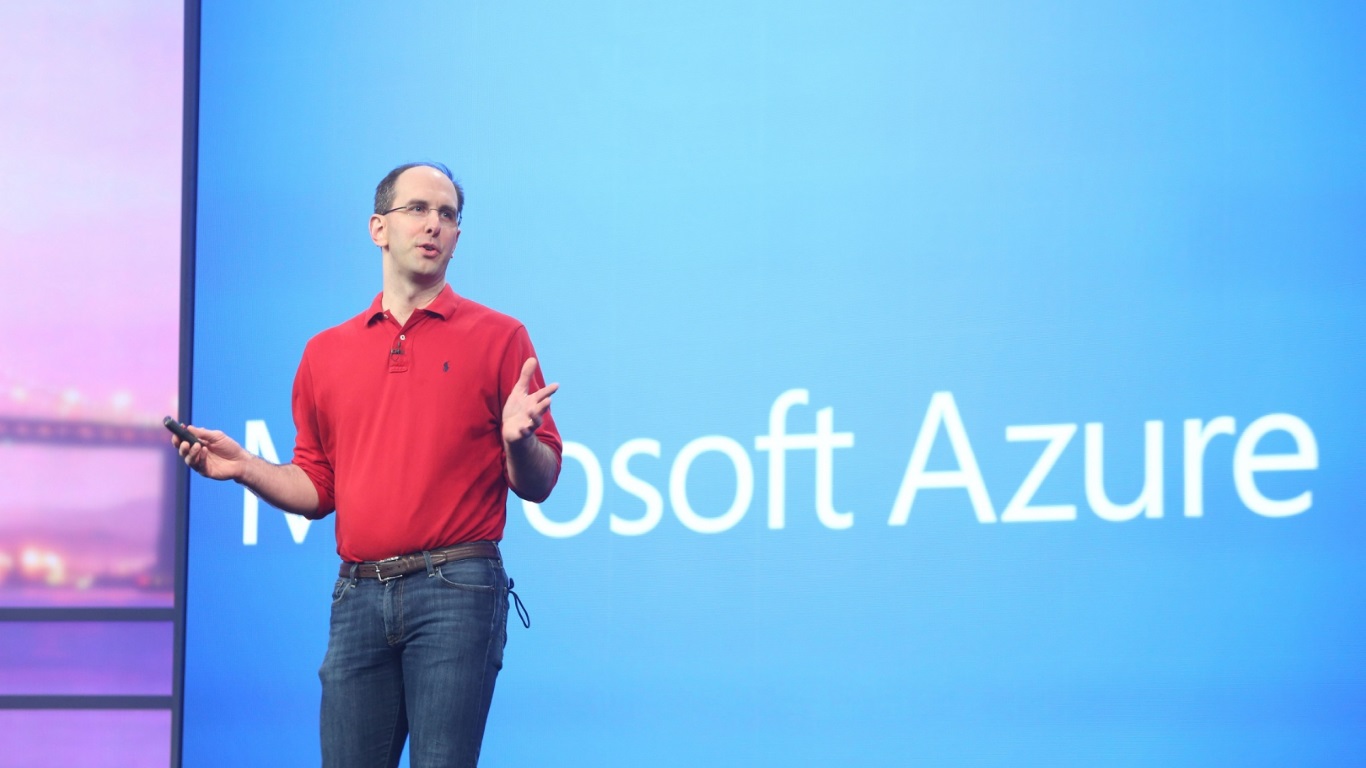 NEWS
NEWS
 NEWS
NEWS
 NEWS
NEWS
![]()
As far as virtual machines in the public cloud go, bigger is better. At least that’s what Microsoft seems to believe in any case, if its new Azure G-Series VMs are anything to go by. Rolled out on Thursday, the G-Series packs more memory, processing power and local solid-state drive storage than anything Microsoft’s competitors can offer.
Of course it’s only natural that as computing power increases over time, new virtual machines will come available. Microsoft’sAzure G-Series VMs offer up to 448 GB of memory, 32vCPUs running on Intel’s Xeon E5 v3 chips, and 6.59 TB of SSD storage.
The Azure G-Series should be a great choice for any customer looking to deploy heavy-duty enterprise apps like NoSQL databases or relational databases, said Drew McDaniel, Azure’s Principal Progam Manager, in a blog post.
“G-series sizes provide the most memory, the highest processing power and the largest amount of local SSD [solid-state drive] of any virtual machine size currently available in the public cloud,” added Corey Sanders, director of program management for Microsoft Azure.
Of course, such enormous computing power comes at a cost – the Azure G-Series VMs run at $9.65 per hour, or $7,180 per month if they’re being used continuously. For now they’re only available in Azure’s western U.S. region, but Microsoft says it’s planning to add them to other regions in future.
In addition to the new VMs, Microsoft also rolled out a new Key Vault service, which can be seen as the company’s answer to Amazon Web Services’ Key Management and CloudHSM services. Key Vault allows customers to store and manage keys on HSMs from within Microsoft’s data centers.
For now the service is only on offer in preview mode, in the following regions: Eastern United States, North Central United States, Northern Europe, Western Europe, East Asia and Southeast Asia.
In a last piece of news, Microsoft announced Azure’s first Docker image: Docker on Ubuntu Server by Canonical and Microsoft Open Tech. Docker’s container technology is rapidly transforming cloud computing thanks to the way it virtualizes applications and lets organizations dodge the requirement for one operating system per virtual machine.
Whereas before, users needed to install the Docker extension to a running Linux VM, “users can now easily select a Docker gallery item and provision an Azure Ubuntu VM with the latest Docker engine immediately ready to use,” said Sanders.
photo credit: julien ( l’ours ) via photopin cc
Support our mission to keep content open and free by engaging with theCUBE community. Join theCUBE’s Alumni Trust Network, where technology leaders connect, share intelligence and create opportunities.
Founded by tech visionaries John Furrier and Dave Vellante, SiliconANGLE Media has built a dynamic ecosystem of industry-leading digital media brands that reach 15+ million elite tech professionals. Our new proprietary theCUBE AI Video Cloud is breaking ground in audience interaction, leveraging theCUBEai.com neural network to help technology companies make data-driven decisions and stay at the forefront of industry conversations.